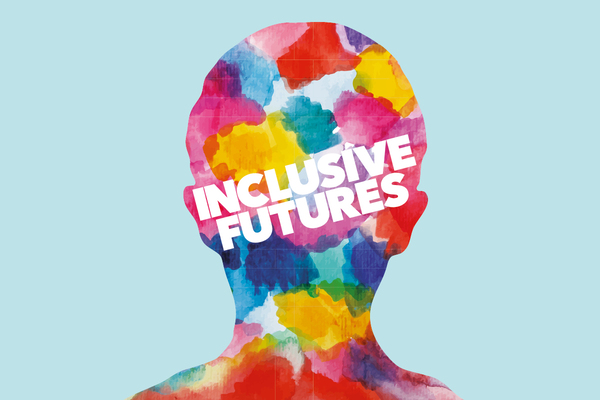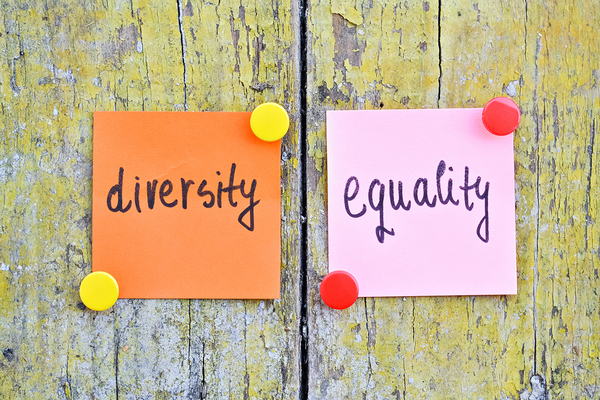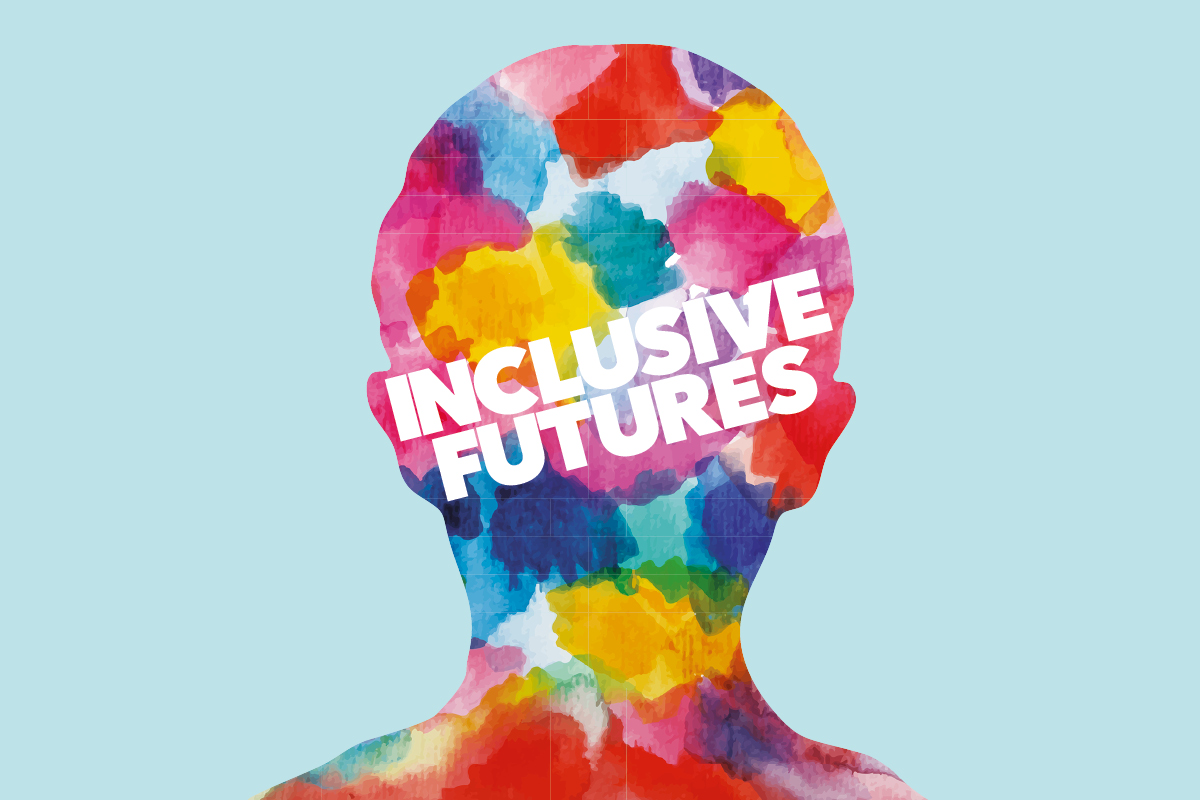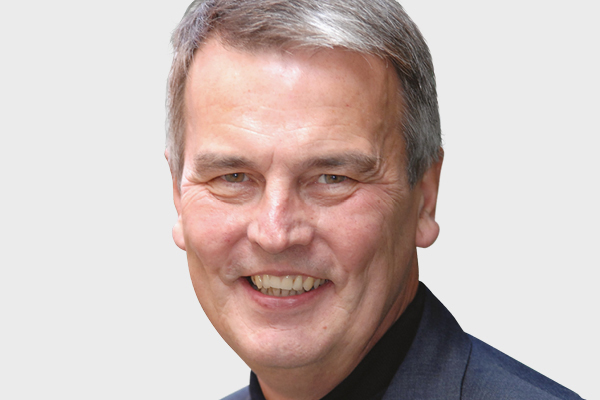You are viewing 1 of your 1 free articles
If your BME and female staff are not being promoted, look at your culture
Leaders must accept that under-represented groups, including women and BME staff, are up against many barriers, writes Monique Green
I’ve been lucky enough to work for some brilliant housing associations throughout my housing career, all of whom were able to deliver some great outcomes for their tenants and had leaders who were passionate about delivering quality services.
In spite of all this, I’ve always had the feeling that something was missing. That ‘thing’ was diversity.
When working in frontline positions, I would look around me and see diversity – but as I looked upwards, at the leaders, things would become increasingly ‘pale and male’.
We’re all aware of the negative impacts social media can have on body image and mental health. The constant bombardment of ‘idealised perfection’ can lead us to internalise certain messages which negatively impact our self-worth.
Often, if our image doesn’t match with the ones being idealised, we internalise a message along the lines of “you’re not good enough because you don’t fit this mould”.
What we are less aware of, or less comfortable with perhaps, is how the lack of representation affects our female and BME colleagues. Sometimes, we need to see others achieving something before we realise it is possible for us to do the same.
If we do not see people like ourselves from under-represented groups – such as women or people from BME backgrounds – progressing through the ranks, there is a risk that the internalised message becomes “you cannot be a leader because you don’t fit this mould” as what we see around us becomes our norm.
“For some, this fight is too much, so the sector misses out on some really talented individuals.”
When a message like this is internalised, it creates an internal barrier, meaning that a person has to work to overcome their own self-limiting beliefs, only then to be faced with navigating the many external barriers their non-BME and/or male counterparts will never have to face.
For some, this fight is too much, so the sector misses out on some really talented individuals. But perhaps more worrying is that there are many who do not realise that they have internalised a message that limits their potential and – unlike the individual who tries but struggles to overcome barriers – may never try at all.
The lack of leadership diversity isn’t just a problem for those wanting to progress in their career; the very people who we were set up to serve also miss out on the many benefits diversity brings to an organisation.
With the communities we serve becoming increasingly diverse, our customers may look at the leaders of their respective housing associations and think “how can my landlord understand my needs when they are so very different from me?”.
Read more about our Inclusive Futures campaign
Furthermore, when there is a lack of diversity, there is a risk the group of people will think the same or have similar views – and there is likely to be very little challenge.
So, if our leadership teams are not proportionally representative of the communities we serve, how can we really be sure that actions are taken in their best interest?
Both conscious and unconscious biases are two of the biggest barriers to diverse leadership and it’s great to see so many sector leaders speaking up about this.
“When there is a lack of diversity, there is a risk that the group of people will think the same or have similar views.”
But awareness is not enough; leaders must be willing to challenge themselves and others to act on this awareness, push past their biases and recruit based on capability.
If your female and BME staff members are not rising up through the ranks, ask why – don’t assume that it’s down to a lack of interest or ambition.
If you are asking why and you’re not getting the answers, look to your culture to see how open it really is; if speaking up means being labelled as a ‘troublemaker’, many will choose to keep quiet to avoid being labelled.
As I write, I am acutely aware that some may read this piece with a hint of scepticism, or label me in some way, because it does not reflect their reality. Evidently, views such as this are part of the problem.
For leaders willing to take a look and ask openly, you will find answers – and the rewards are far reaching.
But before all that, leaders must understand and accept that their female and BME staff members are up against many barriers.
The good news is that by accepting that there is a problem, leaders can help to remove the very first one.
Monique Green, housing services manager, Yarrow Housing
Inclusive Futures
Inside Housing’s Inclusive Futures campaign aims to promote and celebrate diversity and inclusion.
We are pledging to publish diversity audits of our own coverage.
We are also committed to proactively promoting positive role models.
We will do this through the pages of Inside Housing. But we will also seek to support other publications and events organisations to be more inclusive.
Our Inclusive Futures Bureau will provide a database of speakers and commentators from all backgrounds, for use by all media organisations.
We are also challenging readers to take five clear steps to promote diversity, informed by the Chartered Institute of Housing’s diversity commission and the Leadership 2025 project.
THE INCLUSIVE FUTURES CHALLENGE
Inside Housing calls on organisations to sign up to an inclusive future by taking five steps:
Prioritise diversity and inclusion at the top: commitment and persistence from chief executives, directors and chairs in setting goals and monitoring progress.
Collect data on the diversity of your board, leadership and total workforce and publish annually with your annual report. Consider gender, ethnicity, disability, sexuality, age, and representation of tenants on the board.
Set aspirational targets for recruitment to the executive team, board and committees from under-represented groups.
Challenge recruiting staff and agencies to ensure that all shortlists include candidates from under-represented groups.
Make diversity and inclusion a core theme in your talent management strategy to ensure you support people from under-represented groups to progress their careers.
INSIDE HOUSING’S PLEDGES
We will take proactive steps to promote positive role models from under-represented groups and provide information to support change.
We pledge to:
Publish diversity audits: We will audit the diversity of the commentators we feature. We will formalise this process and publish the results for future audits twice a year.
Promote role models: We will work to highlight leading lights from specific under-represented groups, starting in early 2018 with our new BME Leaders List.
Launch Inclusive Futures Bureau: We will work with the sector to compile a database of speakers, commentators and experts from under-represented groups. The bureau will be available to events organisers, media outlets and publications to support them to better represent the talent in the sector.
Take forward the Women in Housing Awards: Inside Housing has taken on these successful awards and will work to grow and develop them.
Convene Inclusive Futures Summit: Our new high-level event will support organisations to develop and implement strategies to become more diverse and inclusive.














